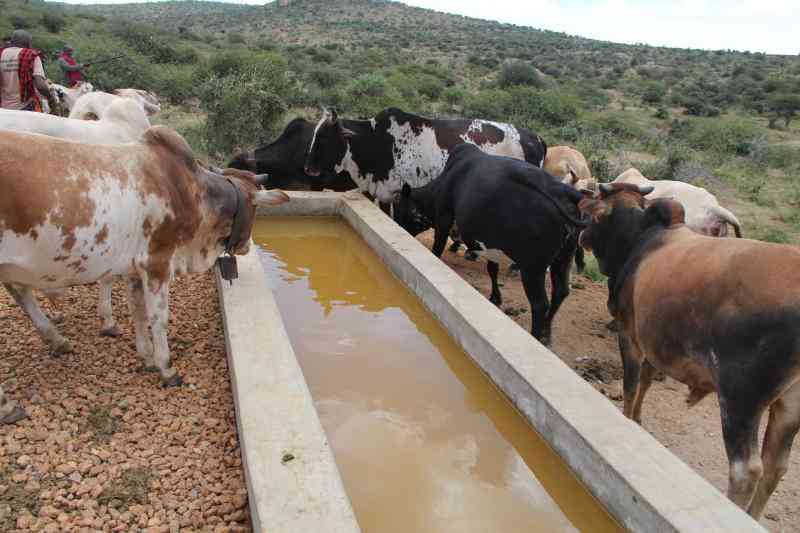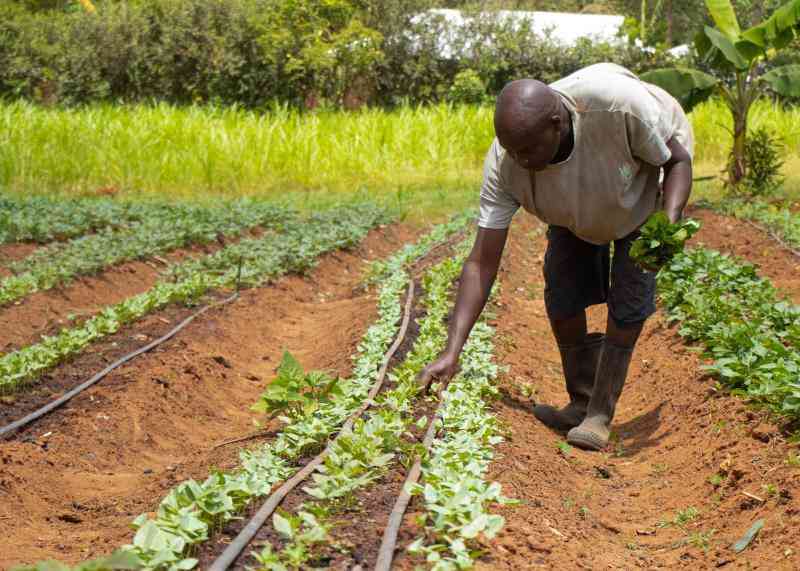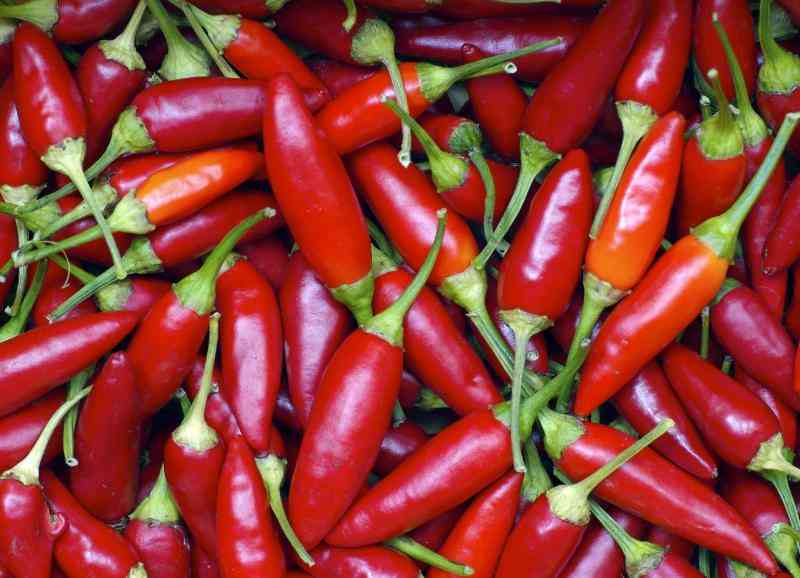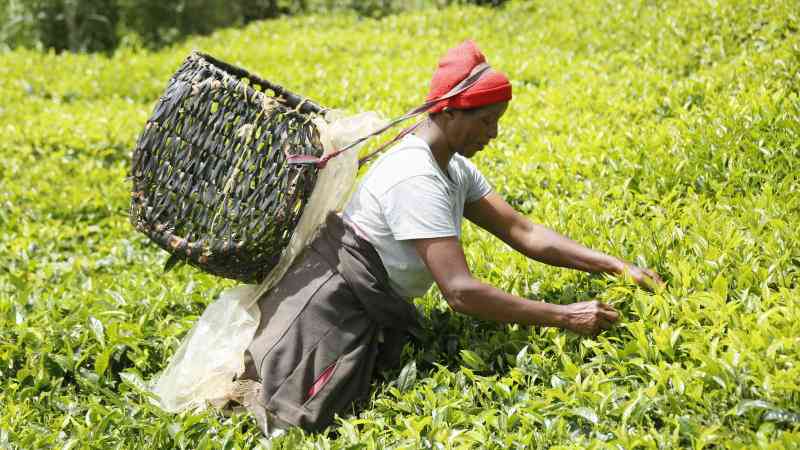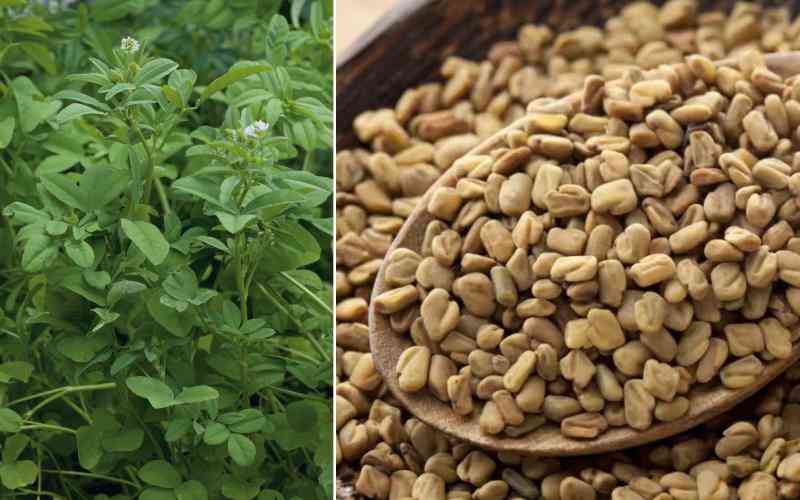Uhuru’s price order fails to stimulate rice market
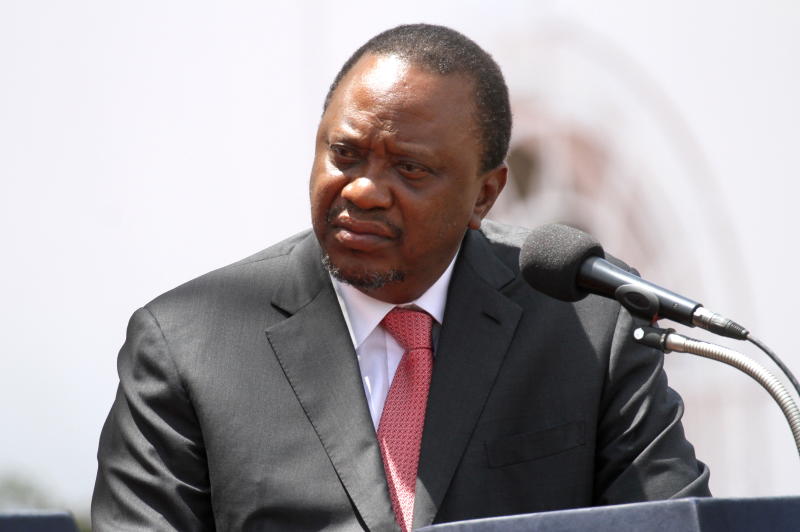
President Uhuru Kenyatta’s (pictured) order for unprocessed rice to be bought at Sh85 from Sh60 per kilo is facing headwinds. The move has left traders faced with lack of enough storage facilities at buying agency in Mwea, shortage of funds and farmers’ fear of delayed payments from the government.
As a result, the expected significant price hike for Pishori rice at the farm and retail level has failed, slowing the price discovery gains that were expected to come as a result of the presidential directive.
Mwea Rice Growers Multipurpose Co-operative Society (MRGS), the agency that has been tasked with buying rice from farmers has run out of storage space because of higher than expected deliveries, an official confirmed.
Higher supply is also linked to higher than expected rice yields this season. It has also emerged that the Sh660 million allocated to the society for buying rice on behalf of the Kenya National Trading Company (KNTC) is only able to buy 11 percent of the current rice production of 600,000 bags.
Some farmers said they have ignored the government initiative in favour of the traditional rice market chain out of fear that the government will take longer to pay for the rice just as it delays in paying suppliers.
The earliest payment for current deliveries will be in August this year according to the MRGS. Farmers have therefore opted to take just a little paddy to the society but sell most to the open market to get raise money for immediate financial needs.
Interviews with farmers, traders, millers and other stakeholders revealed a picture of confusion on the execution of the order, with most largely ignoring it, instead, with most farmers still selling their paddy to millers and brokers at the normal market prices of between Sh60-Sh65 per kilo.
Right price
Joseph Ndungu, the MRGCS General Manager said they are buying rice “at the price recommended by the President.”
However, he added, “our stores are already full to capacity.” The official also confirmed that “money will be paid to farmers at a later date.”
Estimates by the influential Mwea Irrigation Water Users Association (MIWUA) is that farmers harvested about 600,000 bags of paddy during the season that ended in December 2019.
This is considered an optimal quantity because of good weather conditions. Morris Mutugi, the chairman of MIWUA said so far, farmers have already sold about half of the rice they harvested through the usual market chain, hence the unchanged retail pricing scenario.
Total production was 60 million kilos plus an estimated 10 million kilos that was produced in the farms not located within the Mwea Rice Irrigation Scheme.
The Sh660 million that the government has allocated is only able to buy 7.7 million kilos of the rice.
“Most of the rice from the main harvest is now in the hands of traders, who bought it at around Sh50 per kilo from the farmers,” said Mutugi.
“I want to appeal to the government to set up a revolving fund that buys the rice from the growers at the time of harvesting. It should also have modalities to buy rice from all the farmers and not just those in cooperatives,” he added.
“MIWUA brings together all rice farmers in the scheme since they all use irrigation water, but not all of them have joined the cooperative.
It would be discriminative if the farmers outside the cooperatives do not benefit yet the cost of production is the same,” he says.
Burning concerns
Although farmers have welcomed the government’s well-intended move as the first step in enabling them make good returns from their toil, they feel a lot more needs to be done.
A farmer Michael Kimani said unless the government establishes buying centres in various locations, many farmers will be unable to transport the commodity to the central buying point and would end up selling to middlemen.
“The scheme has five sections which include Mwea, Wamumu, Thiba, Tebere and Karaba. If government buys rice in centres in those sections, many farmers will benefit from the improved prices,” he said.
Kimani noted that the ambitious initiative has come at a time when farmers have already harvested their rice and some already sold it.
He called on the government to expedite purchase of the commodity since farmers who still have rice in their farms cannot wait longer due to pressing needs.
Already, some farmers claimed they had incurred loss after transporting their rice to the (MRGS but were turned away.
A farmer Purity Njeri from Karaba section said she had transported 10 bags of rice at a cost Sh120 per bag and was disappointed to learn that buying at the improved price had not yet started.
Farmers we spoke to who had delivered their rice for milling at Mwea Rice Mills were anxious that they would be left out for not being in the cooperative.
In a meeting with mills officials last week, the farmers were advised to form their own cooperative so that they get a pie of the kitty.
Another key stakeholder who will be affected by the initiative are the private millers. Top Grade Rice Millers Director Loise Mbuya said whereas they play a crucial role since they mill most of the rice grown in Mwea, they should also be put into consideration.
“Thousands of farmers mill and store their rice through us. However, we are facing a challenge in selling of white rice due to low demand. The government should lower cost of production and control imports so that more Kenyans buy the aromatic Pishori from us and build the economy,” she said.
Mbuya whose mill has a capacity of 1,000 bags of rice daily also called on the government to use private millers in buying rice from farmers at the enhanced prices.
Another private miller we contacted was cautious to comment saying citing any misgivings he has with the program would appear as if he is fighting the government.
However, rice traders feel they have been side-lined yet they form a crucial cog in the rice market chain.
Market demands
The traders operate from the spaces they are allocated by millers. They are currently selling the processed rice at between Sh120 and Sh130 per kilogram which is the normal price in corresponding periods.
Martha Wanjohi, who farms rice in unit 3 but also trades the commodity in Wang’uru town, said they were struggling to find white rice buyers.
“When farmers bring their rice to us, we buy it and store for sale later. We have many traders in Mwea and neighbouring areas competing for a few buyers. The government should help us in market the milled rice,” she said.
Another trader Beatrice Mumbi shared similar sentiments adding that they helped the farmers who had carted their rice to the cooperative and found purchasing had not commenced.
A government officer, who requested for anonymity, said another way to uplift rice farmers is to lower the cost of production by subsiding or zero-rating farm inputs.
Farmers and experts say the cost of production of an acre of Pishori rice averages Sh55,000 and optimally produces 25 bags of Pishori (2,500kgs) which if sold at Sh65 per kilogram would bring in Sh162,500.
Various statistics show Kenya’s imports between 60 percent to 80 percent of her rice needs every year, despite the opportunity to invest in expanding land under rice and more irrigation water to meet near local demand that would create million of additional jobs.
Want to get latest farming tips and videos?
Join Us
Share this article on social
 The Standard Group Plc is a multi-media organization
with investments in media platforms spanning newspaper print operations,
television, radio broadcasting, digital and online services. The Standard Group
is recognized as a leading multi-media house in Kenya with a key influence in
matters of national and international interest.
The Standard Group Plc is a multi-media organization
with investments in media platforms spanning newspaper print operations,
television, radio broadcasting, digital and online services. The Standard Group
is recognized as a leading multi-media house in Kenya with a key influence in
matters of national and international interest.
 The Standard Group Plc is a multi-media organization
with investments in media platforms spanning newspaper print operations,
television, radio broadcasting, digital and online services. The Standard Group
is recognized as a leading multi-media house in Kenya with a key influence in
matters of national and international interest.
The Standard Group Plc is a multi-media organization
with investments in media platforms spanning newspaper print operations,
television, radio broadcasting, digital and online services. The Standard Group
is recognized as a leading multi-media house in Kenya with a key influence in
matters of national and international interest.


